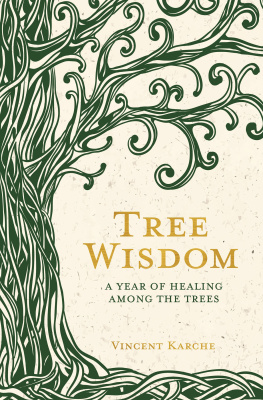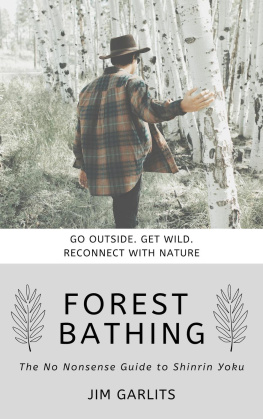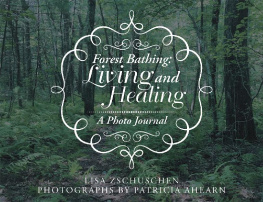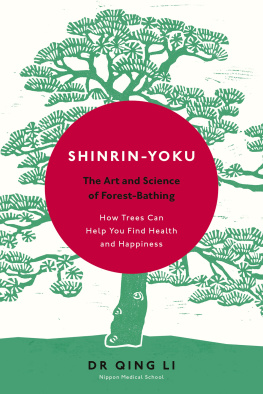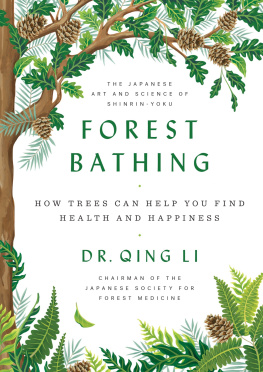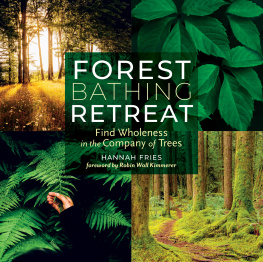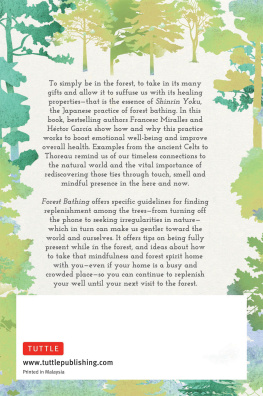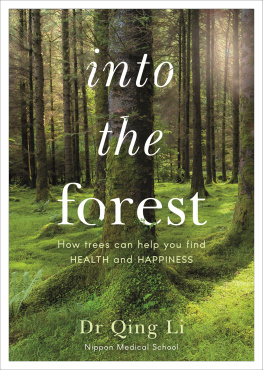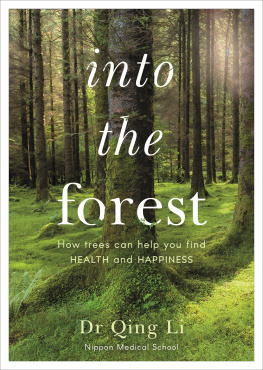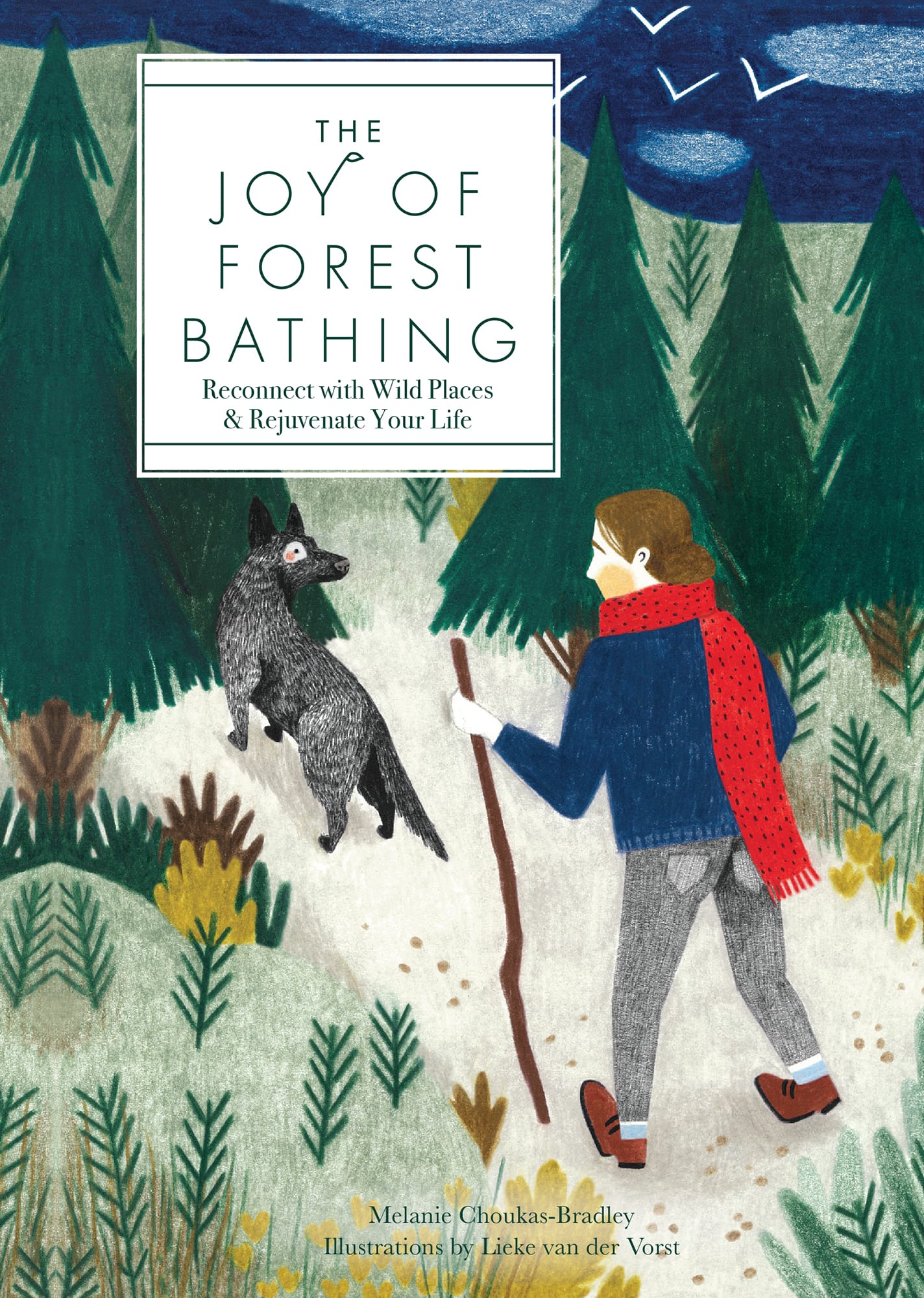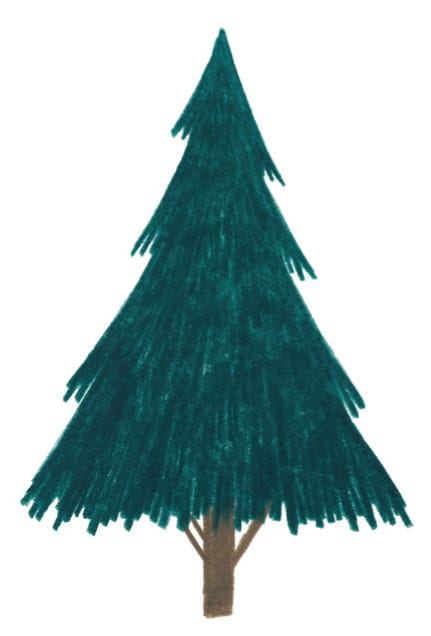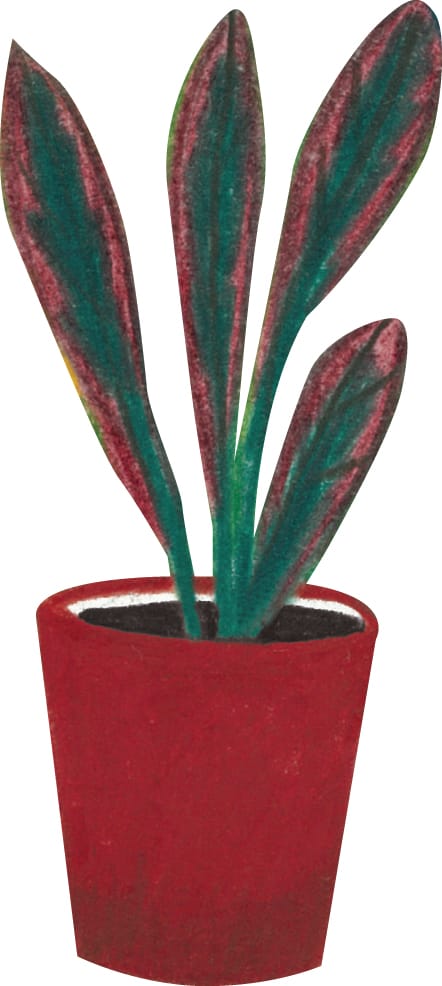Melanie Choukas-Bradley - The Joy of Forest Bathing: Reconnect with Wild Places & Rejuvenate Your Life
Here you can read online Melanie Choukas-Bradley - The Joy of Forest Bathing: Reconnect with Wild Places & Rejuvenate Your Life full text of the book (entire story) in english for free. Download pdf and epub, get meaning, cover and reviews about this ebook. year: 2018, publisher: Rock Point, genre: Romance novel. Description of the work, (preface) as well as reviews are available. Best literature library LitArk.com created for fans of good reading and offers a wide selection of genres:
Romance novel
Science fiction
Adventure
Detective
Science
History
Home and family
Prose
Art
Politics
Computer
Non-fiction
Religion
Business
Children
Humor
Choose a favorite category and find really read worthwhile books. Enjoy immersion in the world of imagination, feel the emotions of the characters or learn something new for yourself, make an fascinating discovery.

- Book:The Joy of Forest Bathing: Reconnect with Wild Places & Rejuvenate Your Life
- Author:
- Publisher:Rock Point
- Genre:
- Year:2018
- Rating:4 / 5
- Favourites:Add to favourites
- Your mark:
The Joy of Forest Bathing: Reconnect with Wild Places & Rejuvenate Your Life: summary, description and annotation
We offer to read an annotation, description, summary or preface (depends on what the author of the book "The Joy of Forest Bathing: Reconnect with Wild Places & Rejuvenate Your Life" wrote himself). If you haven't found the necessary information about the book — write in the comments, we will try to find it.
A simple antidote to our nature-starved lives, The Joy of Forest Bathing is an enticing and comprehensive introduction to forest bathingor Shinrin-yoku, in Japanthe meditative practice of connecting with nature and disconnecting from the distractions of daily life.
Full sensory immersion in the beauty and wonder of nature and trees can produce mental, emotional, and physical health benefits. Research has shown that forest bathing lowers blood pressure, pulse rate, and cortisol levels; improves mood; and may even boost our immunity to cancer and other diseases.
The Joy of Forest Bathing invites you to experience the benefits of this healing practice for yourself. Learn the history and background of forest bathing, followed by detailed instructions for establishing a forest bathing practice in your own adopted wild home, encompassed in three steps:
1. Disengagement from your daily routine
2. Deep breathing and nature connection through a series of quiet activities or invitations
3. Transitioning back to your daily life
This restorative activity can be enjoyed by people of all ages and abilities: children, teenagers, and even senior citizens with limited mobility and people recovering from illness and surgery. And you dont need to travel to the Japanese alps to experience the benefits of forest bathing. All you need is a small patch of untouched (or lightly touched) nature to adopt as your wild home.
Within, find practical tips and inspiration for forest bathing through the seasons: in the winter, when the leafless trees open up new vistas; in the spring, when you can hear the melodious serenade of song birds as they nest in the newly formed green canopy; in the summer, watching the butterflies nectaring on wildflowers; and in the autumn, when you can catch glimpses of hurried squirrels storing food for the winter.
The Joy of Forest Bathing introduces a variety of activities that can be enhanced with forest bathing elements, such as mindfulness practices, exercise, art and writing, and outdoor celebrations. Learn, too, how surrendering to the mysteries of nature can provide guidance through difficult times.
As you find nourishment in nature, you will instinctively begin to wonder how you can preserve and protect this healing resource. This guide includes suggestions for tending to your wild home.
Illustrated throughout with enchanting artwork by Dutch illustrator Lieke van der Vorst and stunning nature photography, The Joy of Forest Bathing is the perfect guide to enhancing your life with the wondrous world of nature.
The Live Well series from Rock Point invites you to create a life you love through multiple acts of self-discovery and reinvention. These encouraging gift books touch on fun yet hardworking self-improvement strategies, whether its learning to value progress over perfection, taking time to meditate and slow down to literally smell the roses, or finding time to show gratitude and develop a personal mantra. From learning how to obtain more restful sleep and creating a healthy work/life balance to developing personal style and your own happy place, the Live Well series encourages you to live your best life.
Other titles in the series include: Progress Over Perfection; Find Your Flow; Be Happy; Seeking Slow; Finding Gratitude; Eff This! Meditation; Find Your Mantra; It Had to be You; Mens Society; Genius Jokes; The Calm and Cozy Book of Sleep; Beating Burnout;...
Melanie Choukas-Bradley: author's other books
Who wrote The Joy of Forest Bathing: Reconnect with Wild Places & Rejuvenate Your Life? Find out the surname, the name of the author of the book and a list of all author's works by series.

